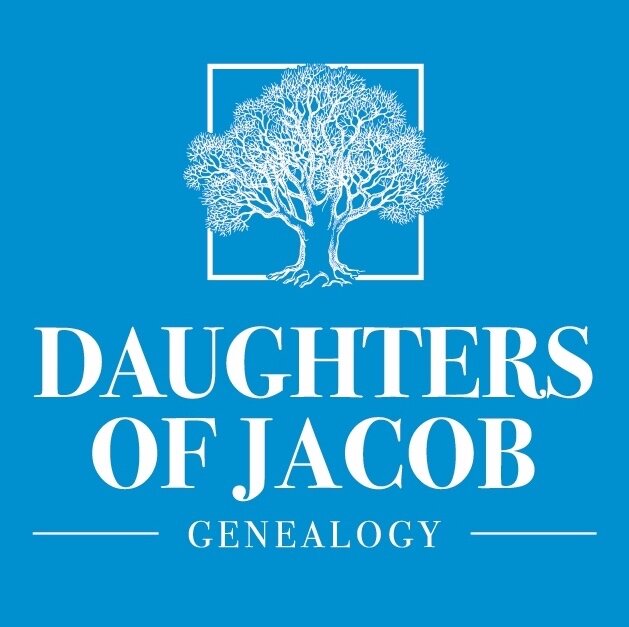United States Holocaust Memorial Museum. Photo by Tatiana Rodriguez from Unspash
These are always hard ones. There is no way around it. And having spent days and days of research in Holocaust records doesn’t make it any easier. Every time I search for a family, I hope for some glimmer of good news somewhere, and I weep inside and out for what seems to be an endless sea of tragedy. And each time I think, “If it is this hard for me to search for the family of someone whom I have barely met, how could I possibly find the strength to search for my own among these records?”
We honor the strength of anyone who does their own Holocaust research. We understand if someone chooses not to.
The fact is, that even if we are willing to do our own searches, that not every record is available on online. Most archives are posting more records online all the time, but a great many records still exist only in paper form in a brick and mortar archive. And in a great many cases, the best way to access those records is through the expertise of an archivist who works with them on a daily basis.
This is where an archive inquiry comes in. All of the major Holocaust archives are eager to share their information. One of their primary missions is to assist those affected by the Shoah, and their family members through the generations, in their quest for information. These family members, or someone working on their behalf, such as us, can complete an online form that asks the archive to search its records for information about a specific person or persons. The archives do not charge for this service. However, because of the care they take in the process and the demand for their services, it can take many months before a reply is received.
We recently received a reply from the Arolsen Archives (formerly the International Tracing Service) with the results of an inquiry on behalf of a client. Although we had previously found a few records in their online archives, we were surprised to receive their reply containing over 70 documents for one parent and more than 90 for the other, bringing to light important information that had never been discussed in the family. Furthermore, the archivists had pieced together records with different names and birth dates that belonged to the same person—connections that we would have been very unlikely to make on our own.
A painful history is still a painful history, but as Miriam Wiener notes in the introductions to her landmark books, Jewish Roots in Poland, and Jewish Roots in Moldova and Ukraine, at some point the children, or children’s children, want to know what happened so they can make sense of who they are by better understanding where they came from. Generations have been shaped by these events, each in its own way. Similarly, it is the right of those who so desire in each generation to learn about the events that have shaped the lives that have been given to them. By so doing, they have access to power that allows them to shape their own lives, as well as the lives of others, with with increased insight.






